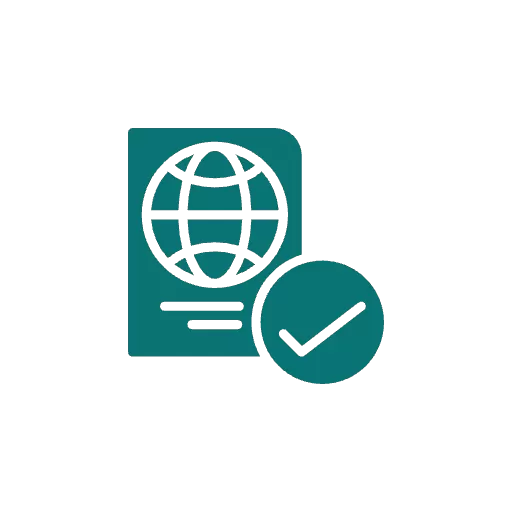
Netherlands’ Enhanced Border Controls Reduce Irregular Immigration Without Economic Impact, Survey Shows
Survey Shows Netherlands’ Border Controls Manage Irregular Migration Without Major Economic Disruption
A recent survey highlights that despite initial concerns about potential traffic disruptions, the border controls introduced by the Netherlands last year have been implemented on a small scale and with sufficient flexibility to avoid significant delays or congestion. This was reported by NL Times, citing the Dutch travelers’ association, ANWB, which confirmed that the current border checks have not caused any travel delays or issues.
The German-Dutch Chamber of Commerce (DNHK) acknowledged that controls on both sides of the border could cost businesses up to €60 million per month. However, member companies report that these economic impacts remain manageable and under control.
The survey also emphasizes the critical role of European cooperation in maintaining open and functional borders amid ongoing migration challenges.
Six Months Since the Introduction of Border Controls
The Netherlands introduced internal land border controls with Germany and Belgium on December 9, 2024. Initially, this measure was planned to last six months.
Dutch Migration Minister Marjolein Faber announced the controls in November 2024, explaining that the move aimed to enhance national security by addressing irregular migration and migrant smuggling more effectively.
Minister Faber emphasized the need for concrete action to tackle these issues, which motivated the reintroduction of border controls after years of open internal borders within the Schengen Area.
Extension of Border Controls Until December 2025
Originally scheduled to expire on June 9, 2025, the Netherlands has informed the European Commission that it will extend the border control measures with Germany and Belgium until December 8, 2025.
The extension is justified by persistently high levels of asylum applications, irregular migration, migrant smuggling, and secondary movements. These factors have placed considerable strain on the country’s migration and asylum systems, as well as on public services such as housing, healthcare, and education.
Official Notification to the European Commission
In its notification, the Netherlands cited a serious threat to public policy caused by these migration challenges, which have led to an overburdened migration system and increased pressure on social infrastructure at the land and air borders with Belgium and Germany.
This move aligns with similar decisions made by several EU member states that have recently reinstated border controls in response to growing irregular migration concerns.












